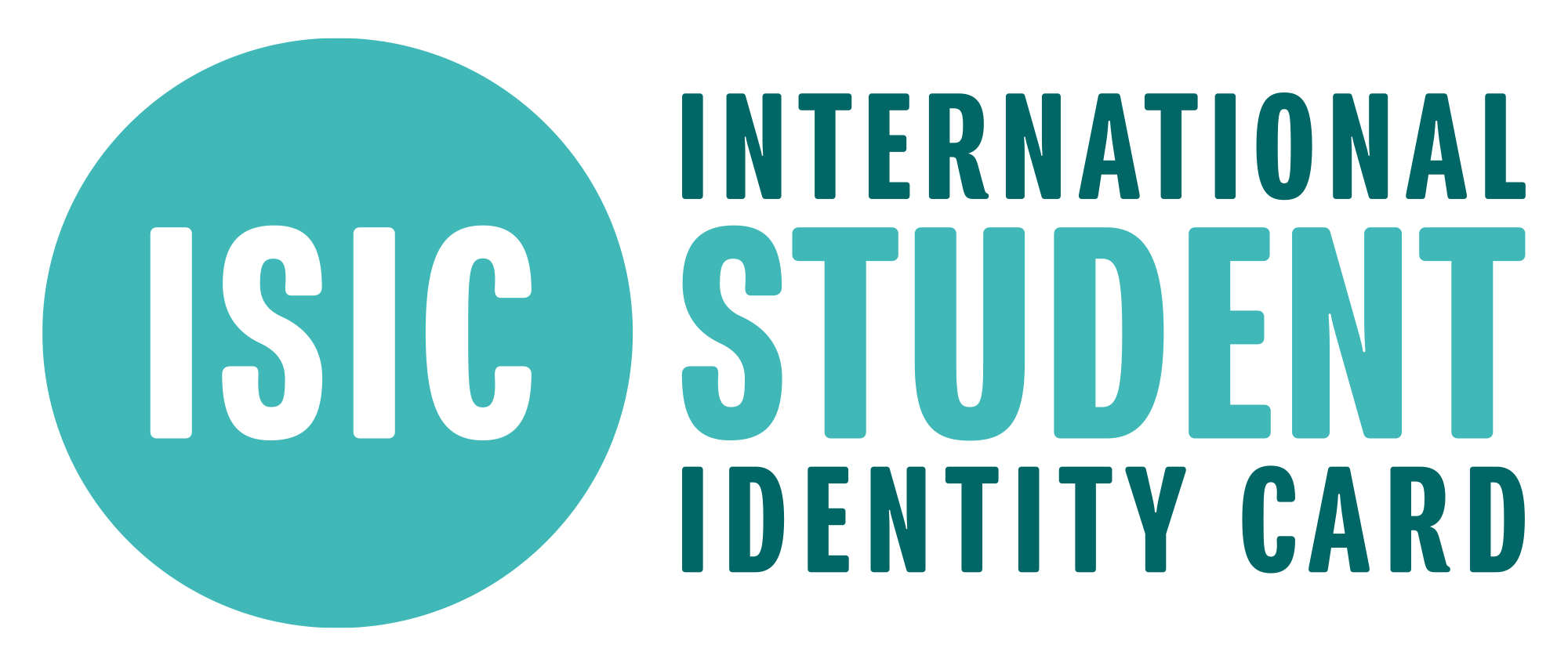
Trouble getting started with school work? This is how you stop procrastinating and get those assignments done in time!
How to stop procrastinating
Do you come up with tasks to do when what you really should do is sit down with your course book and study? Maybe you'll clean your entire flat, empty your closet, rearrange your bookshelf, plan a roadtrip, do the groceries... In a nutshell, do anything but study. We all procrastinate and find different ways to put off the things that we should do - maybe because we are afraid of failure or because we've learned to trust our ability to pull together something at the last minute. By recognizing how and why you put things off is the first step to tackle procrastination. We've listed below some archetypes of procrastination - what type of procrastinator are you and what can you do about it?
The perfectionist
Perfectionists know they have the potential to achieve great things, but that’s also often the root cause of their procrastination. The perfectionist's expectations are high and they are mortally afraid of failure. The perfectionist connects self-worth to performance. The fear or performing badly makes the perfectionist push tasks back. If you are one of those people who procrastinate because you are afraid you won’t live up to expectations, maybe one of the following solutions will work for you:
- Good enough is good enough. This is probably not the first time you’ve heard this but try to focus more on realistic results than perfect results. Done is always better than perfect.
- Find a study-buddy. By working with someone who does not focus so much on every little detail, you’ll be able to progress with your own work much faster as well.
The avoider
If you are a part of this group, you are great at procrastinating by avoiding all responsibility. Like perfectionists, avoiders are afraid of failure, but there’s an important difference. Avoiders are not convinced of their own abilities and often suffer from low self-esteem. They are afraid they are not capable or smart enough to do their work and so they avoid it completely. For avoiders the following methods could help:
- Look at the average performance. The bar probably isn't as high as you think. By looking at others' work, you can get a more realistic picture of what you need to put together.
- Ask for help. If you are struggling, there's no shame in asking someone to help you to get your work done. Reach out to your friends, family members, your professor or your school's counselor.
The pleasure seeker
The pleasure seekers are capable and confident, and they know they will probably finish their work in time, so they tend to procrastinate by doing fun things. The pleasure seeker only works when they have to. This person has a love/hate relationship with procrastination, because they work well under pressure and enjoy the rush of the deadline, but they also experience stress and are sometimes unimpressed with their own work. If you're the kind of person who often under-performs because you'd rather grab a beer than work, maybe these solutions work for you:
- Work together. By turning your regular work into group work you have people to keep you accountable and you’re doing something social, which might help you enjoy your work more.
- Treat yourself after your work is finished. Make a list of everything you'd rather be doing and allow yourself to do one of those things after you've finished a task.
The dreamer
The dreamer doesn't mean to procrastinate, but often gets stuck in the planning phase. Because of these starting issues the dreamer never really gets started on a task and before they know it the deadline has come and gone. Planning is great, but only if you actually do the work you assigned yourself. If you have trouble getting started, you might be a dreamer and these tips might help you stop your procrastination habit:
- Break up large tasks in small pieces and practice by doing those small tasks one by one. Doing a little bit of work is better than not doing any work at all.
- Keep yourself accountable by assigning yourself one active task per day. Dreamers can be passive and this way you can break out of that cycle more easily.
Here are some additional tips that work for every procrastinator:
Tip 1: Avoid distraction
Yes, put away your phone, turn off your internet if possible and go study in a quiet space away from home. Procrastination becomes much harder when you eliminate every possible distraction.
Tip 2: Set goals
Planning might not be the only way to stop procrastinating, but it does help. By setting realistic goals and making them concrete you'll have a much better idea of what you need to get done.
Tip 3: Start at the end
If you find the blank piece of paper in front of you intimidating, start somewhere halfway. If there's any point in your paper or essay you have a vague idea about, do that part first. Getting something down will make it much easier to continue working.
 Get your ISIC card
ISK 1900
Get your ISIC card
ISK 1900
